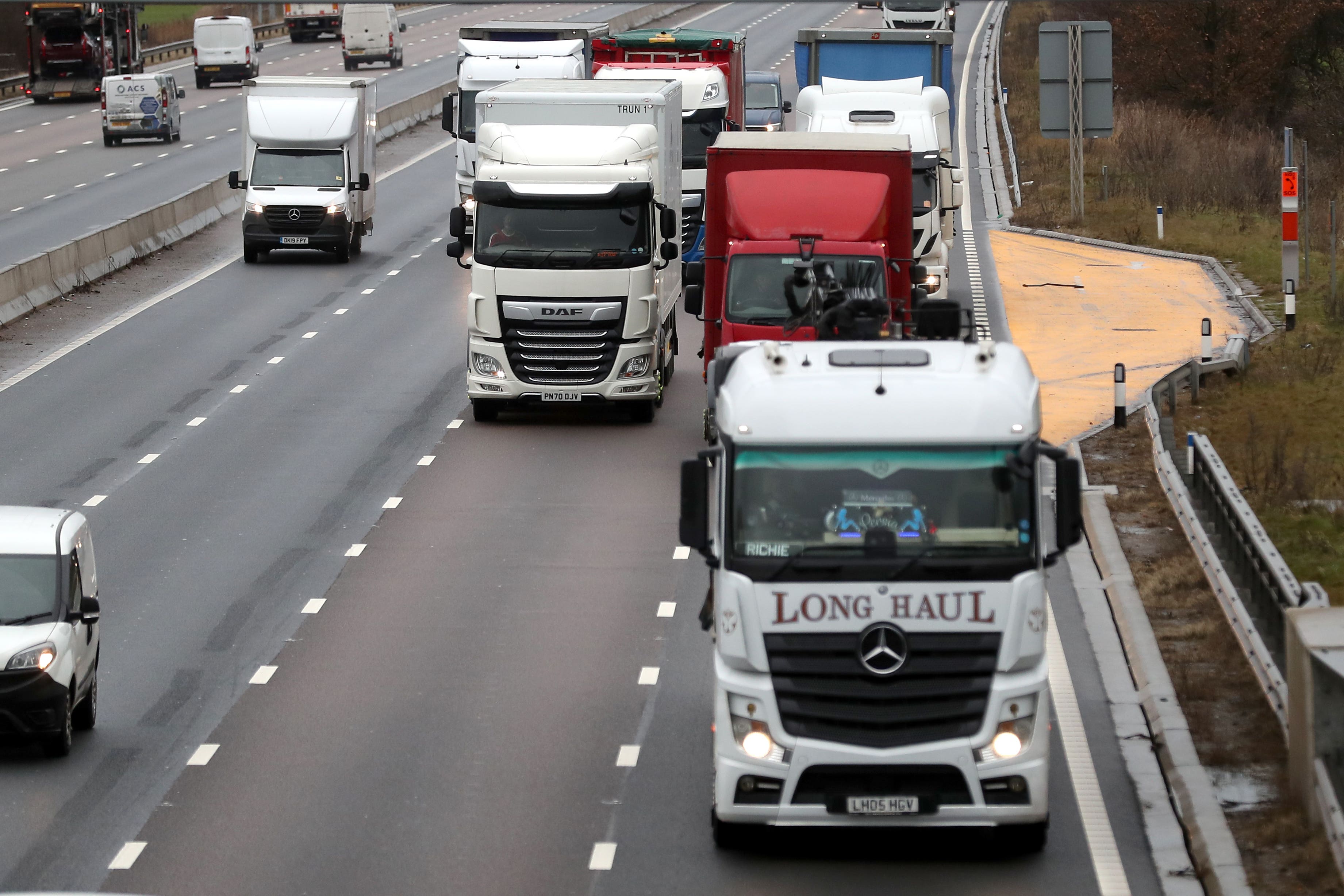Minister insists smart motorway safety is ‘very good’
Transport Secretary Mark Harper told MPs the safety of the roads is ‘not reflected in public confidence’.

Your support helps us to tell the story
From reproductive rights to climate change to Big Tech, The Independent is on the ground when the story is developing. Whether it's investigating the financials of Elon Musk's pro-Trump PAC or producing our latest documentary, 'The A Word', which shines a light on the American women fighting for reproductive rights, we know how important it is to parse out the facts from the messaging.
At such a critical moment in US history, we need reporters on the ground. Your donation allows us to keep sending journalists to speak to both sides of the story.
The Independent is trusted by Americans across the entire political spectrum. And unlike many other quality news outlets, we choose not to lock Americans out of our reporting and analysis with paywalls. We believe quality journalism should be available to everyone, paid for by those who can afford it.
Your support makes all the difference.Transport Secretary Mark Harper has insisted the “actual safety performance” of smart motorways is “very good” despite the Government’s decision not to build any more.
The Cabinet minister told MPs that the safety of the roads is “not reflected in public confidence” and stressed the importance of “recognising where the public is”.
On Sunday, the Government announced the cancellation of planned projects to build all-lane running (ALR) smart motorways, which use the hard shoulder as a live traffic lane.
The conclusion we've reached is a balanced one
But it also refused to reinstate the hard shoulder on existing smart motorways, citing the resulting disruption and cost.
A £900 million programme of measures to improve safety on these roads will continue.
Giving evidence to the Transport Select Committee on Wednesday, Mr Harper said: “All of the types of smart motorways remain the safest roads on the strategic road network.
“They are safer than conventional motorways and they are safer, by some margin, than A roads.
“But it is also the case that that is not reflected in public confidence.
“There is a significant number of members of the public who are not confident about using smart motorways, we’ve seen that from a consistent level of polling.”
He added: “The conclusion we’ve reached is a balanced one which reflects the actual safety performance of smart motorways, which is very good, but does reflect the fact that the public don’t have the confidence in them that that data suggests they should have.
“I think in a democratic country where you have to take people with you, I think recognising where the public is, is important.”
Some 69% of respondents to a poll commissioned by the RAC on Monday said they believe the emergency lane should be restored on ALR smart motorways.
Smart motorways involve various methods to manage the flow of traffic, such as converting the hard shoulder into a live running lane, and variable speed limits.
ALR smart motorways boost capacity at a lower cost than widening roads.
There have been long-standing safety fears following fatal incidents in which vehicles stopped in live lanes were hit from behind.